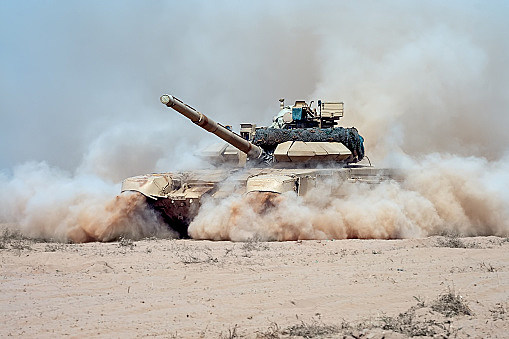


After Hefner’s bold decision in Vernon, Mulvahill, using his past experiences on Wall Street, took the risk and became the owner of Great Gorge and Vernon Valley resorts. Thus, a small town, Vernon, New Jersey, got its very own Playboy club. Furthermore, he thought that Jersey was on its way to becoming the same. As crazy as that sounds, Hefner believed that Vernon had the potential to become “the new Las Vegas,” as gambling was seemingly becoming more popular in Atlantic City, New Jersey. Not many people would think of New Jersey, let only the town of Vernon, which begs the question, why did Mulvahill even dare to pick this specific town? It was because of the owner of Playboy, the magazine company’s very own creator, Hugh Hefner. When many think of “ski resorts,” states like Colorado, Utah, and even Nevada are pictured in terms of having suitable climates for skiing. He wanted something that could create more cash flow than working on Wall Street thus, he bought two ski resorts in the town of Vernon, New Jersey. However, their luxurious reign in the company would soon end the Securities and Exchange Commission suspended their company for selling “worthless securities.” 2 After being left without a job, Mulvahill sought something more exciting than selling penny stocks. Mulvahill, and his best friend, Robert Brennan, were having the time of their lives with their pump-and-dump schemes. He would trick people into buying stocks in essentially worthless companies. In the 1970s, he ran a company named Mayflower Securities, selling what are known as petty stocks. SP 3392 – Language Variation and Dialectology of SpanishĪction Park’s Wave Pool | Courtesy of Joe ShlabotnikĮugene Mulvahill was an optimistic entrepreneur.SC 3300 – Special Topics: Public Health.

HS 1302 – United States History since 1877.HS 1301 – United States History to 1877.3 Post-Classical History (600 CE-1492 CE).6 Contemporary Latin America (2000-2030).1 Pre-Columbian Latin America (to 1492).4 Late Middle Ages-Renaissance-Reformation Europe (1300-1648).6 Great Depression and WWII (1929-1945).5 Emergence of Modern America (1877-1929).4 Civil War and Reconstruction (1850-1877).2 Revolution and Early Republic (1754-1801).1 Colonization and Settlement (1500-1763).


 0 kommentar(er)
0 kommentar(er)
